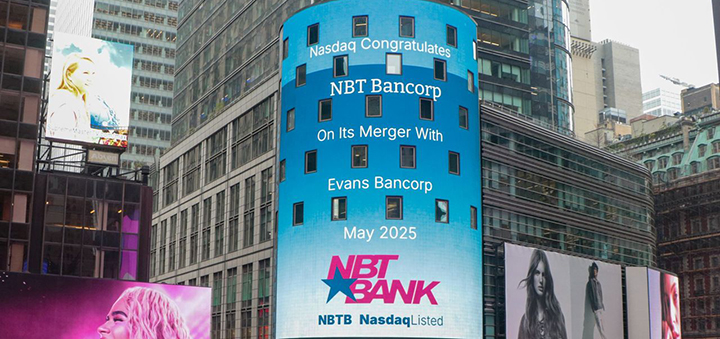Guest Viewpoint: How do international trade agreements affect local businesses?
As a native of Norwich and Chenango county who has had the opportunity to work in an international business market for many years, I would like to share my perspective on how free and fair trade impacts business and jobs in our area.
For many U.S. businesses, including GE Aviation’s Unison Norwich facility, future success will only be possible if American industries are able to compete globally. We have a great workforce, we are taking actions to be competitive and we are growing, but we need a level playing field.
When American companies and workers are given a fair chance to compete in foreign markets, we usually win. For example, later this year, GE Aviation’s Norwich facility will begin producing the electrical harness for the T700-701K engine for Samsung in South Korea. The problem is, there are quite a few barriers that U.S. companies face when they do business abroad, such as expensive tariffs, unclear laws and excessive red tape.
Fortunately, the White House and Congress are currently considering free trade agreements with South Korea, Colombia and Panama - three vital trading partners for the United States, which will open these markets for U.S. exports.
These agreements must be acted on now so that U.S. businesses can manufacture and export more goods and services, and ultimately employ more hardworking Americans.









Comments